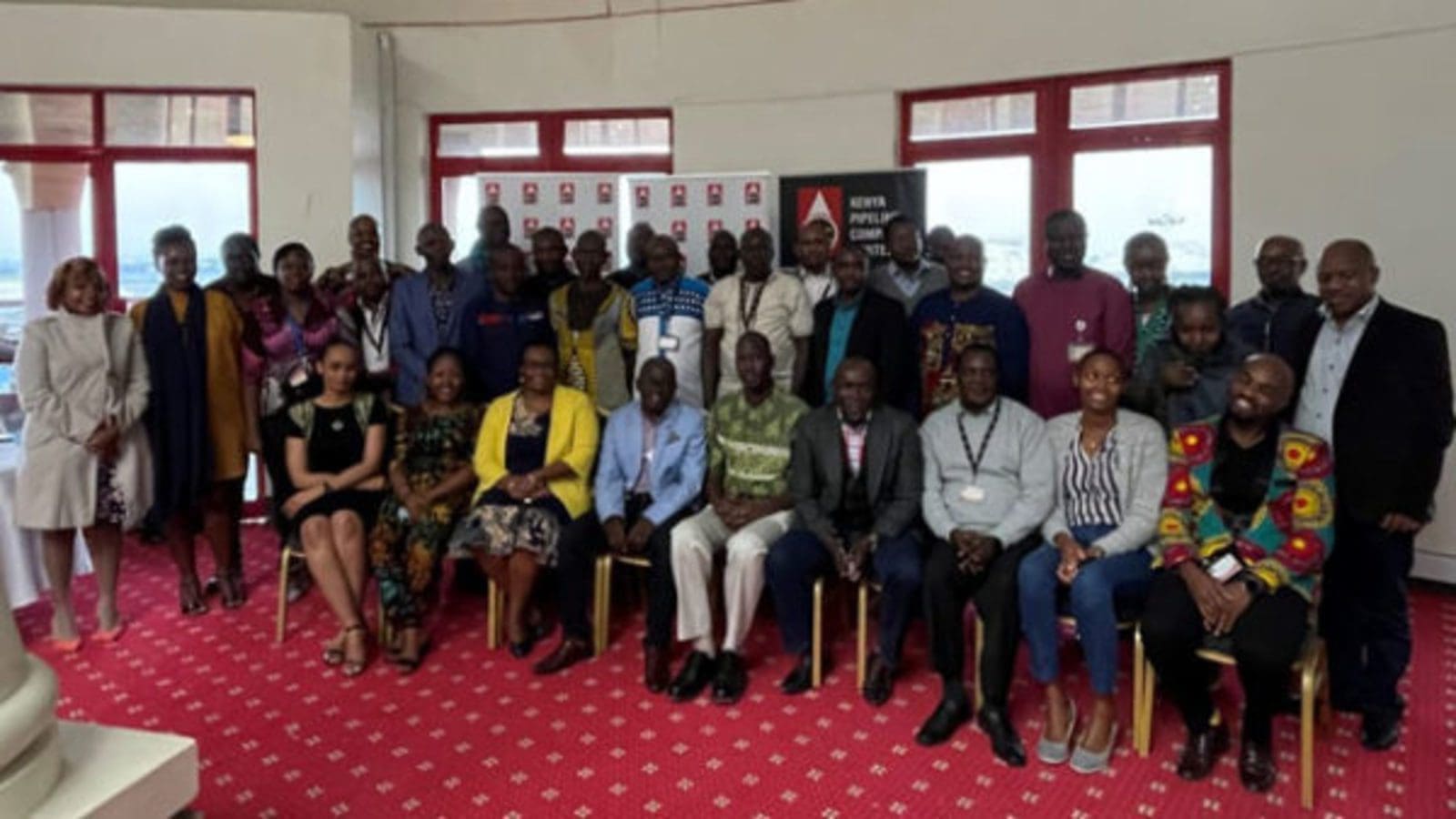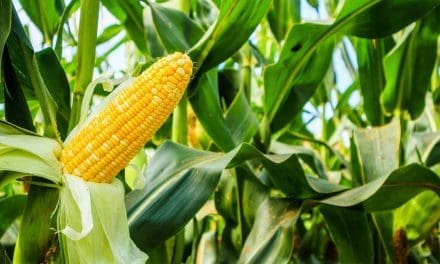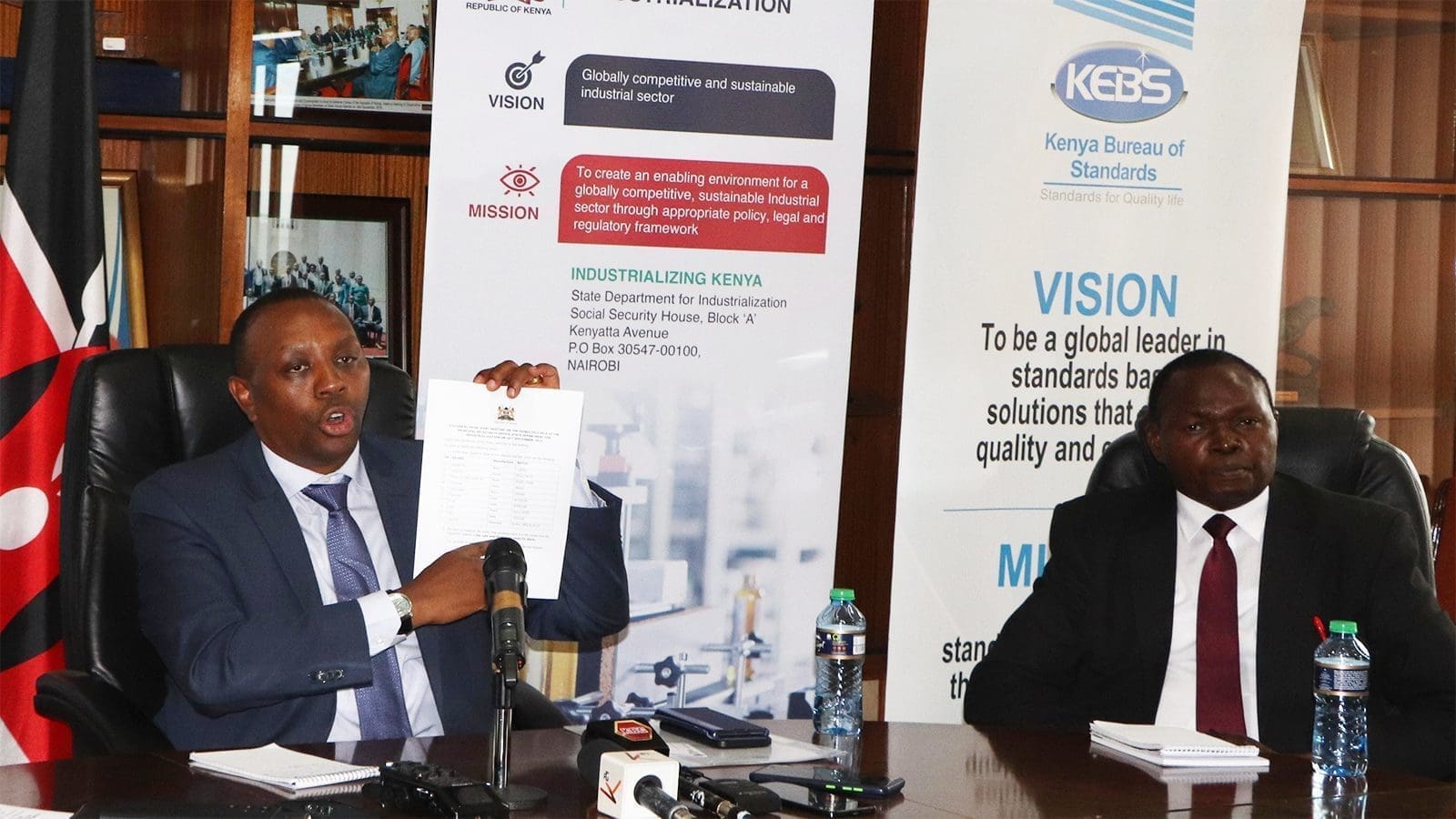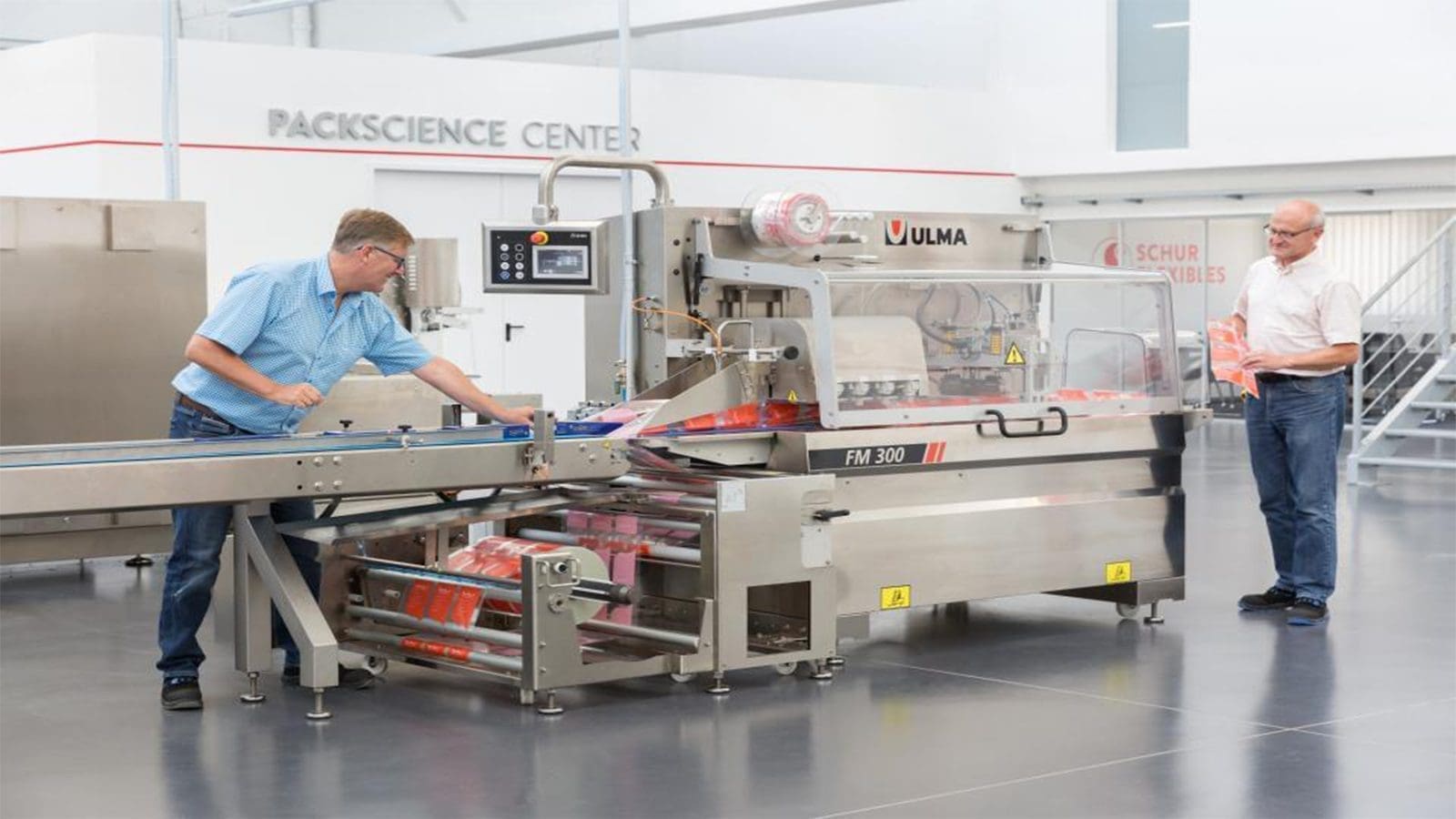KENYA – Manufacturing Small and Medium Enterprises (SMEs) in Kenya have urged the government to harmonize laws, policies, regulations, and standards governing their operations, at the national and county levels.
They were speaking during the SMEs Regulatory Bootcamp, organized by Kenya Association of Manufacturers (KAM), to unpack the environment in which SMEs operate in.
The boot camp was graced by representatives from Kenya Revenue Authority (KRA), Kenya Bureau of Standards (KEBS), National Environment Management Authority (NEMA), Kenya Industrial Property Institute (KIPI) and Competition Authority of Kenya (CAK).
The Principal Secretary, State Department for East African Community (EAC), at the Ministry of EAC and Regional Development, Dr Kevit Desai, noted the importance of synergy between government and the business community.
“Our thoughts, as government and the business community, need to collectively address challenges in policies, legislation, regulations, standards, and facilitative actions such as infrastructure,
“By involving the private sector, we shall give them an opportunity to play a more active role in creating an effective ecosystem, as well as an enabling and predictable regulatory business environment,” explained Dr Desai.
Ministry of Industrialization, Trade, and Enterprise Development Director for Enterprise Development, Nancy Muia, highlighted the government’s continued commitment, to drive SME growth, saying,
“As the government, we continue to promote value addition, develop and implement policies to aid in SME development such as the Local Content Policy, promote foreign direct investment in industry as well as establishing special economic zones and industrial parks,
“Additionally, we have also established various funds, to support SMEs. We have SME Support centres across the country, to enhance their access to information, and enable them to understand Government initiatives.”
KAM Manufacturing SME Hub Chair, Ciiru Waweru, explained that numerous regulations and grueling regulatory regimes make it tough to invest in Kenya.
She informed that regulations when effectively implemented, create an enabling environment for competitiveness by imposing fair business practices, driving equal opportunity and inclusive participation of all in the economy.
However, when overdone, the end goal is a zero-sum game. It muzzles Manufacturing SMEs’ growth, and diminishes their competitiveness and productivity at the local, regional and international markets.
Waweru called on the government to harmonize the various regulations, adding that, for any investor, policy and regulatory predictability and stability are paramount.
National and county governments should prioritize the involvement of manufacturers whilst formulating laws, regulations and policies.
Consequently, the laws, regulations and policies will be industry-centred, in turn, supporting competitive industrial development.
Inspection fee on imported products
Local importers including manufacturers and distributors face costs as the Kenya Bureau of Standards (KEBS) begins registering low risk imported products.
Items branded as high-risk goods will not be subjected to the new registration.
The standards body says all registered products will now be the subject to destination inspection at the expense of the importer.
The scope of goods covered in the new directive premised on a December legal notice 212 touches on all products subject to quality standardization by KEBS.
Importers with goods eligible to the new registration are required to pay the registration fee at the rate of Ksh.7,500 (US$ 69.32) per product or group of products covered by a standard.
Meanwhile, the destination inspection fee will be charged at the rate of 0.6 per cent of the approved customs value subject to a minimum Ksh.28,620 (US$ 265) and a maximum Ksh.291,600 (US$ 2,700).
At the same time, KEBS has included a list of products ineligible for registration.
This includes raw animal and fishery products, bulk shipment of cereals, edible cooking oils and fertilizer.
Others are fresh dairy and horticulture products, sugar, and products regulated by other government agencies.








